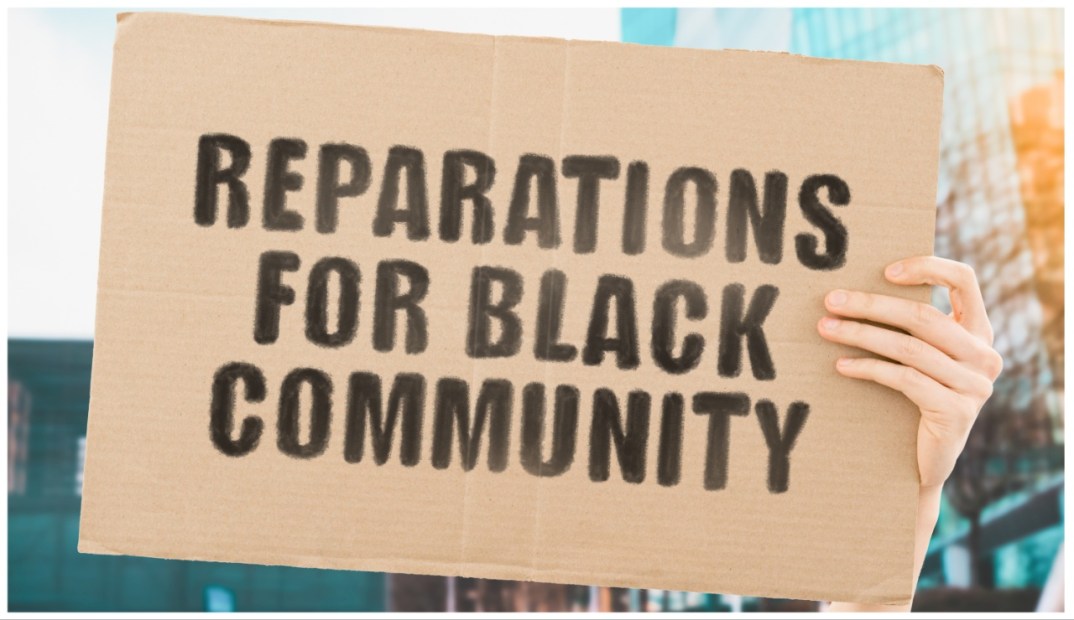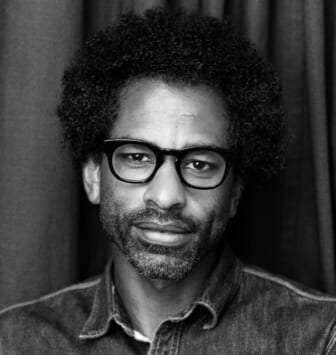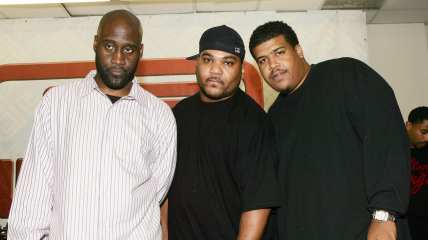Black people will not truly be free until we have reparations
OPINION: Reparations are about more than money. It's also about the apology.

Editor’s note: The following article is an op-ed, and the views expressed are the author’s own. Read more opinions on theGrio.
There will never be true liberation for African-Americans until there are reparations. The wounds of the past must be made whole. We deserve to be compensated for the multigenerational pain and struggle that centuries of enslavement, segregation and white domestic terrorism have wrought. But my opinion on reparations changed a little recently when I read a beautiful new essay in the Atlantic about the long-term impact of reparations on the Japanese-American community called “What Reparations Actually Bought.” About 82,000 Japanese people who had been interned during World War II got $20,000 checks in the 1990s as reparations. But what author Morgan Ome made me see is that reparations are about more than money. She wrote, “They didn’t just get a check in the mail; they got some of their dignity and agency back.”
Of course, it is, in part about the money. One of the elements of America that has been central to the continued oppression of the Black community is the massive racial wealth gap. White Americans have 84% of U.S. wealth while Black Americans have just 4%. That massive disparity is the product of slavery and white supremacy and having far less wealth in our community is a huge drag on almost every aspect of our lives.
Meanwhile, in the Japanese-American community, people say things like: “The daughter of an incarceree tells how the $20,000, invested in her family’s home equity and compounded over time, ultimately enabled her to attend Yale. ‘The redress money my family received has always been a tailwind at my back, making each step of the way a tiny bit easier.’” To hear someone from another community talk about how a small reparations check from decades ago has been a tailwind at her back makes me want to weep for the millions of Black children who have never felt that tailwind.
But reparations are about more than money. Ore writes, “A combination of symbolic and material reparations—money, an apology, and public-education efforts—was essential to a multigenerational healing process.” We deserve more than money; I believe our spirit deserves and even wants the apology that accompanies reparations. Apologies are not a small thing. They are an acknowledgment of wrongdoing and they communicate to the victim it wasn’t their fault. A genuine apology can have a massive impact on your mood and perhaps your self-image. It would be powerful to have our multigenerational suffering recognized formally and our pain acknowledged with money. A genuine full-throated apology from America for centuries of enslavement. I know that’s not close to where we are politically — the right is desperately trying to erase the discussion of slavery, the opposite of apologizing for it. I’m talking about what we deserve.
Demanding reparations is not a selfish or shallow gesture. It is a deep request to be seen and respected by a nation that once stepped on you. In Ore’s story, you can see how Japanese-Americans felt a sense of peace once reparations had come. “After receiving reparations, her mother confided that she had lived under a cloud of guilt for decades, and it had finally been lifted.”
It’s a step toward repairing and rebuilding your community’s relationship with your nation. It’s a chance to liberate yourself from your difficult past. We will always carry the pain of the enslaved in our Black DNA, but we will be freed from some of the pain by the apology and the check.
I cannot help but think of Black America’s relationship to America as somehow like the relationship between Haiti and France. The enslaved of Haiti rose up and overthrew their French slavemasters in 1791 and established their own nation, but years later French soldiers came back and forced them into a deal: Pay France millions or go to war. Haiti chose to pay. And thus Haiti began to pay reparations to the slavemasters who had lost their slaves in the uprising. Yeah. Of course, Haiti had to take a loan from France to make the payments, which caused the amount to skyrocket and now, after many decades, Haiti has paid France at least $560 million in modern dollars. And yet people stand by and wonder why Haiti is perpetually poor. Is it because they’re lazy?
Black Americans had everything taken from them through generations of enslavement and the long-term burden of slavery continues to impact us. We continue to pay for having been enslaved, and yet people wonder why so many of us are not further along. It’s not because we’re lazy.
I don’t know if I will live long enough to see reparations happen, but it’s something we deserve. It will make up for the hole in our bank accounts. It would soothe some of the pain in our collective hearts. And it can help heal the righteous anger we feel toward this country.

Touré is a host and Creative Director at theGrio. He is the host of the docuseries podcast “Being Black: The ’80s.” He is also the host of the podcast “Toure Show” and the podcast docuseries “Who Was Prince?” He is the author of eight books including the Prince biography Nothing Compares 2 U and the ebook The Ivy League Counterfeiter.
TheGrio is FREE on your TV via Apple TV, Amazon Fire, Roku, and Android TV. Please download theGrio mobile apps today!


